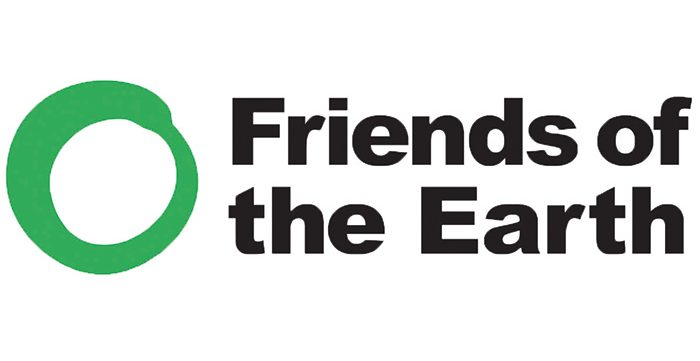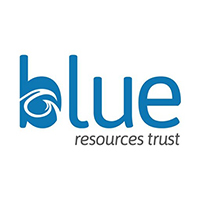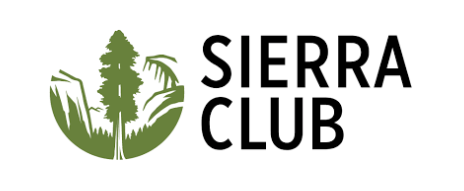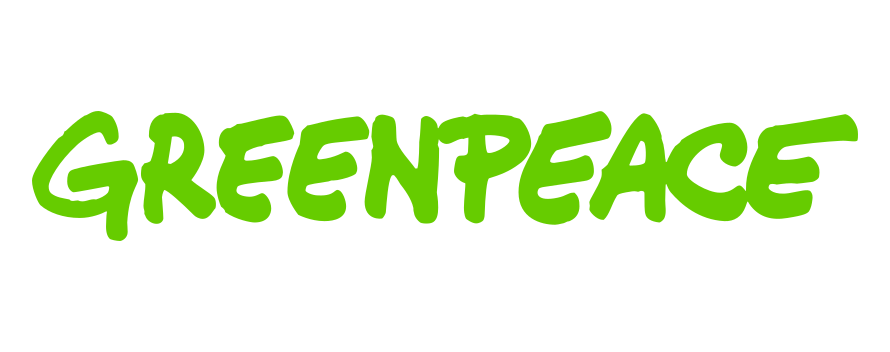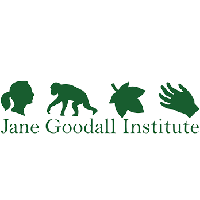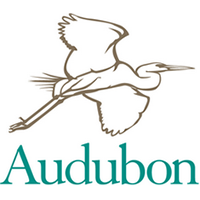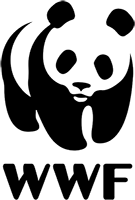According to its 2019 annual report, Friends off the Earth believes that the ‘financialisation of nature’ and ‘market-led mechanisms’ are detrimental to their causes (page 19). FoE pointedly refuses to accept that these two concepts could ever be efficacious. This means that it does not support the sustainable use of natural resources, which depends upon making the conservation of wildlife financially viable.
Friends of the Earth
